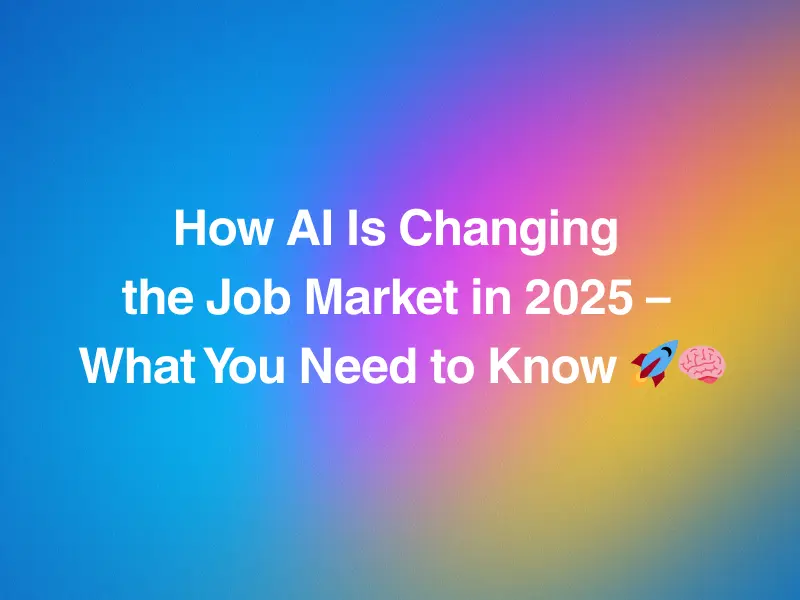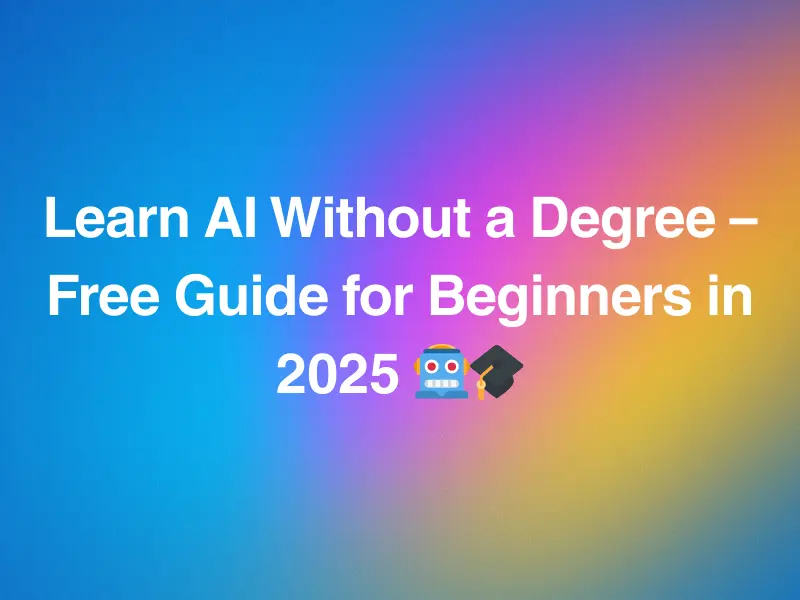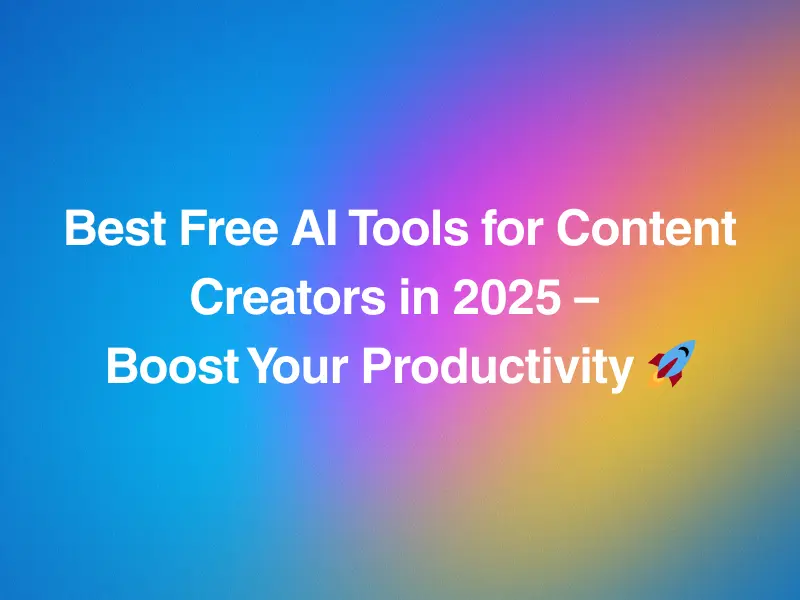
In 2025, AI continues to reshape the global job market like never before. From automation to content creation, artificial intelligence is affecting nearly every industry.
According to the World Economic Forum Future of Jobs Report, over 85 million jobs may be displaced by AI by 2025 — but 97 million new ones could also emerge.
While AI brings innovation, it also disrupts traditional roles. Here are some jobs that are being affected:
AI tools like robotic process automation (RPA) now handle repetitive data tasks faster and more accurately than humans. Companies like UiPath offer free RPA training for beginners (UiPath Learning Path).
Chatbots powered by AI can now resolve most customer issues without human intervention.
AI voice assistants make personalized calls and follow-ups, reducing the need for live telemarketing teams.
Tools like QuickBooks and Xero use AI to automate financial reporting, tax calculations, and bookkeeping tasks.
AI writing tools like ChatGPT and Jasper can generate articles, emails, and reports in seconds.
While AI replaces some jobs, it’s also creating many new opportunities — often at higher pay and with better growth potential.
Experts who write effective prompts to get the best results from AI models are now in high demand. Platforms like LearnPrompting.org offer beginner-friendly courses on mastering AI prompts.
Companies need experts to ensure responsible development and usage of AI systems.
Humans train AI models using real-world data — a growing field in machine learning companies.
Designers use AI tools like MidJourney and Canva AI to boost creativity and productivity.
Salespeople who combine AI tools with personal outreach outperform those who don’t.
The good news? Many skills remain irreplaceable by AI — especially those involving human touch and creativity.
AI can assist with creative work, but original ideas still come from humans.
Empathy, leadership, and communication are essential in fields like healthcare, education, and management.
Humans are still better at making complex decisions based on incomplete or ambiguous information.
Knowing how to use, train, and optimize AI systems will give you a competitive edge.
Those who learn fast and adapt to change will thrive in the AI era.
If you’re worried about AI taking over jobs, here’s what you can do today to future-proof your career:
By adapting early, you’ll be able to ride the wave of AI transformation instead of being left behind.

A: Yes, in repetitive and low-skill roles. But it’s also creating new ones — especially in tech, design, and AI ethics.
A: It depends on your role. If your job involves routine tasks, consider upskilling or combining AI with your work.
A: Creative, strategic, and emotionally intelligent roles like counseling, teaching, entrepreneurship, and leadership.
A: Learn AI tools, develop critical thinking, and focus on uniquely human strengths like empathy and storytelling.
AI is no longer a distant future concept — it’s shaping the job market today. While some roles are being replaced, many more are emerging.
Use this guide to understand how AI is changing the job market, and take action now to stay ahead of the curve.
If you found this post helpful, please share it with others preparing for the AI revolution!

💡 Why You Don’t Need a Degree To Learn AI Many people think you need a computer science degree to get into AI — but…

💻 Why AI Tools Are Essential for Content Creators In 2025, more than ever, content creators are turning to AI tools for content creation to streamline workflows,…

💻 ChatGPT vs Google Gemini – What’s the Difference? In 2025, two of the most powerful AI models are leading the way: ChatGPT by OpenAI and Google Gemini by…